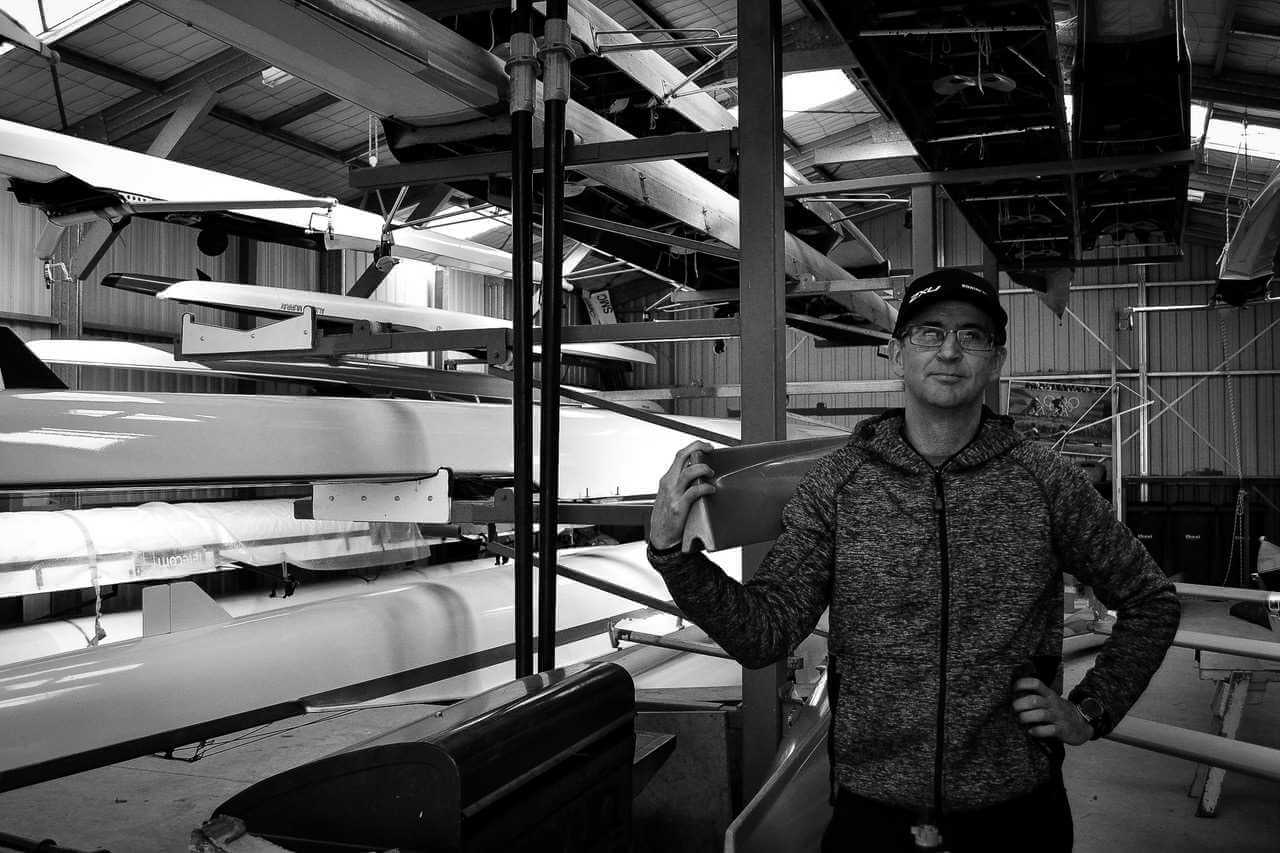Jack Allan knows it sounds a bit cheesy, but he reckons the time he spent in the Academy Southland programme hasn’t just changed his coaching, it’s changed his life.
Allan has recently returned from being part of New Zealand under 21 campaigns on both sides of the Tasman, working with a variety of crews.
It’s Allan’s second stint in the Rowing New Zealand set up, an environment which he loves.
“It’s all about learning, for the coaches and the athletes, it’s about learning and making mistakes,” he said.
“It’s not just on the water either, they want good, rounded people. We have strength and conditioning people, psychologists and nutritionists – even just learning how to do a proper warm up.”
But Allan’s coaching has not taken a linear path.
First involved at New Zealand level back in 2011, he took a break from the sport soon after, but then was enticed back and eventually joined what was, at the time, a 2015 Academy Southland pilot programme designed to develop Southland’s most promising coaches and create a network for them to support each other.
“I can’t speak highly enough of the Academy. It was an honour to be there. You had Clarke Dermody, Hoani Macdonald, Reinga Bloxham, Cody Harper, Mark Bell – the standard was unbelievable. We had some great discussions and it wasn’t just about coaching, it was about life in general.”
The great irony was that, through the reflection and focus which the first year of the programme placed on the importance of self-management, Allan actually opted to step away from coaching altogether.
It was not an easy call. The rowing community had helped to fund Allan’s programme fees, and there was an expectation that rowing would get a return on that investment, but Academy Southland manager Jason McKenzie has one word for what Allan did – “brave”.
“In hindsight, it made me reflect a lot on my own life as a coach, which is kind of ironic because it meant I stepped away from coaching,” Allan said.
“I realised I had to get my outside life right, not that there were any problems, but I needed to spend more time with my family. I hadn’t done that as a younger coach. It was a wake up call. I missed (coaching) so much that I eventually came back.”
And now Allan uses what he learnt during his time with the Academy everyday.
“At the end of the day, the thing I’ve learnt is that you have to be true to yourself. Unfortunately, sometimes you will let people down, but you have to be true to yourself.
“It’s changed my whole life. It’s made me reassess how I deal with people and how I react to people. It’s quite deep stuff, and it’s changed me a lot. Previously I would have flown off the handle in some situations.”
Allan will embarrass his wife by thanking the chef personally if he’s had a good restaurant experience. He tries not to get angry if he gets cut off when driving.
“My wife looks at me and says ‘what you are you doing?’. But why not? It might make someone’s day. Don’t get me wrong, people still annoy me sometimes, but it’s about trying to take the positive out of life,” he said.
“One of the first things I say to people when I’m coaching them now is that this is a learning environment. I tell them that I expect them to make mistakes. It’s about trying to relax them a bit and having a discussion about how they can improve. You have to be tough sometimes, but there are ways to do it.”
Rowing was a great sport because of its ability to develop character, Allan said.
“Rowing can set you up for life. The discipline of being on time for your team mates, of training in crappy weather, I see people who have left rowing and are going to be successful in whatever they do.
“I can think of people who weren’t great athletes, but they are doing really well at university and they are going to have great careers because rowing has helped to bring them out of their shell.”
Source: Academy Southland


